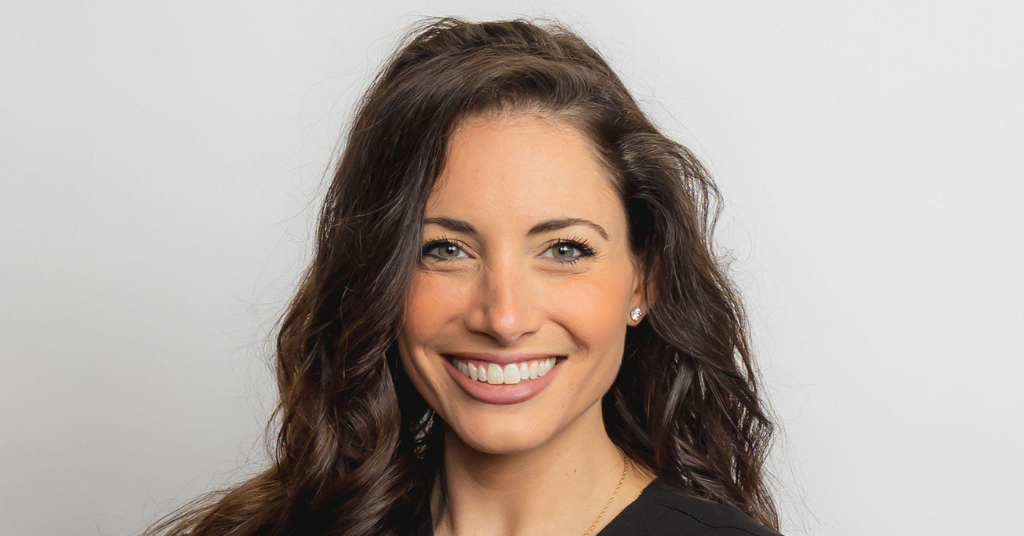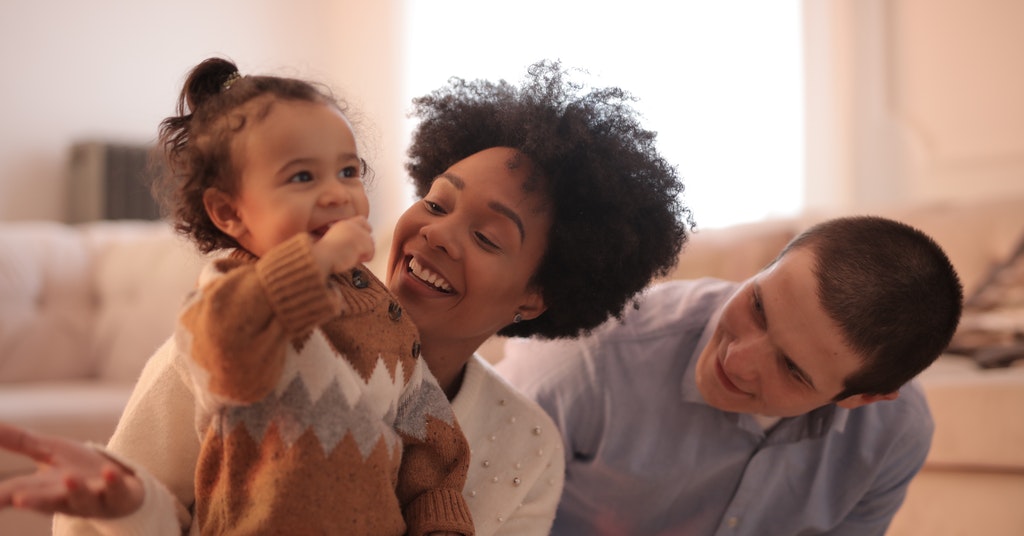
Ask Anna: What phone should my hard of hearing parents use?
September 5, 2017
New to hearing loss? 3 ways to be an advocate for your hearing loss journey
September 7, 2017How I found the answer to ‘What caused my son’s hearing loss?’

“What caused the hearing loss?” The one question that continued to circle around us when we first found out our son is hard of hearing.
We were shocked. Ayden was the first child to have hearing loss in our family. Nobody we knew was deaf or hard-of-hearing. My pregnancy was healthy and normal. My delivery was great. Ayden was full term and was a healthy growing baby boy. How could this happen?
And how could we answer this question?
What caused the hearing loss?
Educate Yourself
When trying to understand what caused Ayden’s hearing loss, I had to gain a better understanding of hearing loss in general. While working with our early intervention therapist and our doctors, I researched and educated myself the best I could. A few basic facts were foundational to understanding the bigger question of what causes hearing loss.
3 Types of Hearing Loss
The first is understanding the types of hearing loss. There are three types of hearing loss – conductive, sensorineural and mixed.
Conductive hearing loss happens when there is a problem that is occurring in the middle ear that is preventing or blocking the sound from passing. This type of hearing loss is usually related to fluid in the ear, trauma, an infection, or a tumor. Even the build up of ear wax can cause hearing loss.
The second type of hearing loss is sensorineural hearing loss. This is when there is damage to the cochlea or inner ear or to the nerve pathways from the inner ear to the brain. It is also possible for a child to be born with both a conductive and sensorineural hearing loss.
Another important piece of information I learned was that hearing loss can be symptomatic or non-symptomatic. Deafness can be associated with an illness or disease – symptomatic, or it can be a stand-alone issue, non-symptomatic.
Common Causes of Hearing Loss
When a child has conductive hearing loss, there are a number of causes. Hearing Loss Association of American lists: fluid, ear infections, allergies, poor Eustachian tube function, perforated eardrum, benign tumors, impacted ear wax, infection in the ear canal, foreign body in the ear, and otosclerosis.
For infants diagnosed with sensorineural hearing loss there is a long list of possible causes. These causes include exposure to loud noises, head trauma, virus or disease, autoimmune inner ear disease, hearing loss that runs in the family, malformation of the inner ear, or Meniere’s disease.
Utilize Support
Ayden’s ENT (Ear, Nose and Throat) doctor was a great resource and support. We brought our heavy question to her – what happened that caused Ayden to have hearing loss? As his mother, I couldn’t shake that I somehow had done something to cause this. Did I miss prenatal one day? Was I somehow exposed to chemicals that I didn’t know about? This one question felt like a heavy load on my mother heart.
“As his mother, I couldn’t shake that I somehow had done something to cause this.”
Thankfully, I had amazing doctors and support surrounding me. Equipped with information and support I was able to slowly realize that my son’s hearing loss was not because of anything I had done.
Testing
The next step we took was to go through a series of testing. Our ENT advised us to do four different tests to gain a better understanding of what was going on under the surface. Additionally, to rule out more dangerous health conditions. Finding out more information would help to determine if other illnesses were present, if the hearing loss was progressive, or if there was something structurally wrong with his ear. The first test that our ENT suggested was an EKG to make sure Ayden’s heart was healthy. Second, a vision test. The third test suggested was an MRI to check for structural issues in his ear. Lastly, we were referred for genetic testing.
Ayden’s heart was healthy, his vision was great, and there was nothing wrong with the structure in his ears. The testing wasn’t always easy. The MRI was stressful. The genetic testing was confusing. And we still had no answers.
The Genetic Test
Genetics, in general, is a confusing subject. Trying to wrap my mind around the complexities not only take me back to 9th-grade biology class and Punnett squares, but left my head spinning too. I had to do a lot of research and ask a lot of questions to begin to understand how genetics impact hearing loss. In addition, we met with a genetic counselor that reviewed the test results with us. We were grateful for the time our doctor sat with us and answered all our questions. Another great resource I found came from the Centers for Disease Control and Prevention (CDC).
According to the CDC, 50 – 60 percent of hearing loss found in babies are from genetics. What is interesting is that out of that percentage 75-90 percent of those children have hearing parents. Meaning that the gene trait with hearing loss is recessively passed.
Our genetic counselor shared that there are hundreds of known genes that can cause hearing loss. He shared that there is one gene in particular that causes up to 1/3 of non-symptomatic genetic hearing loss – Connexin 26.
In addition to the genetic causes of hearing loss, the cause of 25 percent of babies born with hearing loss is from infections during pregnancy and complications after birth. Illness such as the CMV virus, rubella, and herpes all can cause a child to be born deaf or hard-of-hearing. The CMV virus alone is a major leading cause of non-genetic hearing loss.
Our Results
We wanted to get Ayden’s genetic testing done because we felt it was important not just for us to have all the information possible, but for him too. Our goals were to gain understanding of what this might mean for our future children, and for his own children. We also wanted to continue to make sure serious genetic causes were not present or the possibility of a progressive loss.
“We wanted to get Ayden’s genetic testing done because we felt it was important not just for us to have all the information possible, but for him too.”
In the end, getting the results of the genetic testing will not change the diagnosis of his hearing loss. Choosing to do genetic testing is a deeply personal decision and might not be right for each family.
Ayden’s genetic test results were inconclusive. He had a gene change also known as a gene mutation on a gene that does causes non-symptomatic hearing loss. However, for the mutation to take on a dominant trait it needs to have a mutation on both sides (one from mom and one from dad) of the gene strand. Therefore, the genetic counselors felt it wasn’t enough to conclude that was the known cause, but worth noting. All so confusing, right?
A few years later, our daughter, Sayge, was born. She too was diagnosed with hearing loss as an infant. While we still do not know definitely what the caused the hearing loss, we have assumed the likely culprit to some kind of genetic reason.
Wanting A Reason
I wanted something – someone – to blame. Having a reason of what caused Ayden and Sayge’s hearing loss felt important as if it would make the grief a little less. I don’t think I am alone in this emotion. However, in the end, after all that testing, we still do not have a definitive answer. And even if we did, we still had to deal with the deep grief we experienced when we learned of our children’s hearing loss. Blaming something or someone doesn’t make the news any less easy.
Read more: How I overcame my fear of my child’s hearing loss
Hope
Each family with hearing loss will have to go through their own journey. Going down a similar path that our family did will not be the best path for everyone. No matter what caused my children’s hearing loss, getting them the help and support they need is what is important. With the help of early intervention, our therapist, doctors, and the use of hearing aids, I knew that no matter what the answer was to what caused the hearing loss, my children were going to have access to great care and support.
“No matter what caused my children’s hearing loss, getting them the help and support they need is what is important.”
With the use of hearing aids, my children have access to sounds they would otherwise not be able to hear. These sounds allow them to communicate with us, our family, their friends and those around them. Hearing aids have given my family – my children – the gift of hearing with clarity. They have experiences that any hearing child has. Ayden rides a bike, and goes to school, reads, and writes, and sings and dances. Sayge waves, and hugs and kisses, laughs and babbles.
“Hearing aids have given my family – my children – the gift of hearing with clarity.”
To any parent just finding out their child has hearing loss, you might be typing in the same google question I did, “What causes hearing loss infants.” If I could tell you one thing it would be this: You will have to grieve the hearing loss, but allow the joy in too; do not let the grief rob you of your joy. When it comes to deciding how to move forward with finding out what caused hearing loss, consult with your doctor and make the best decision for your family.




